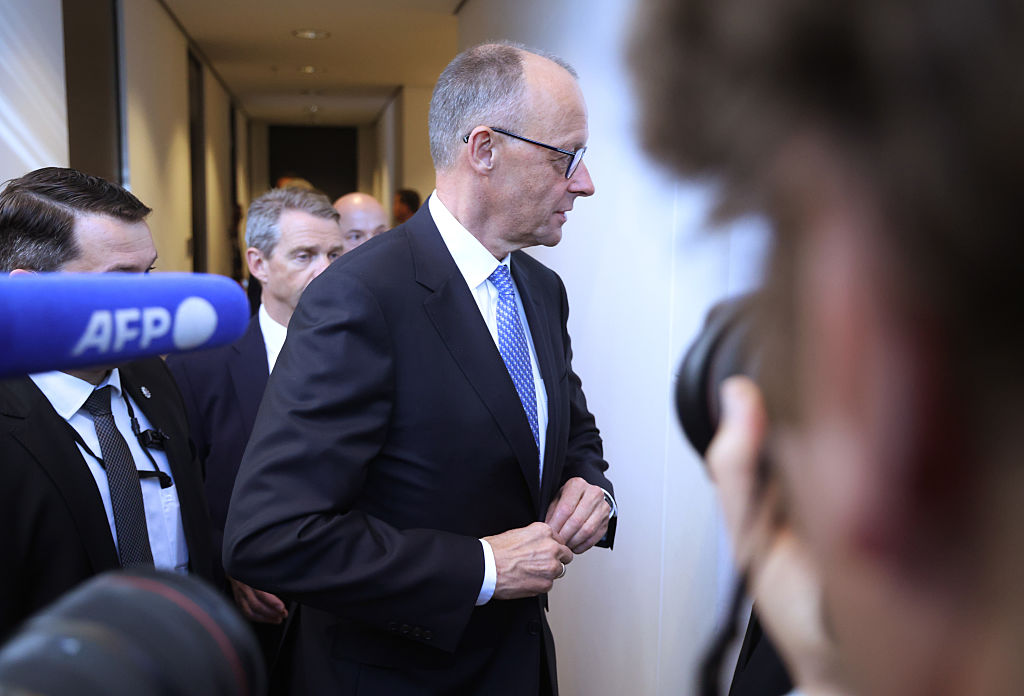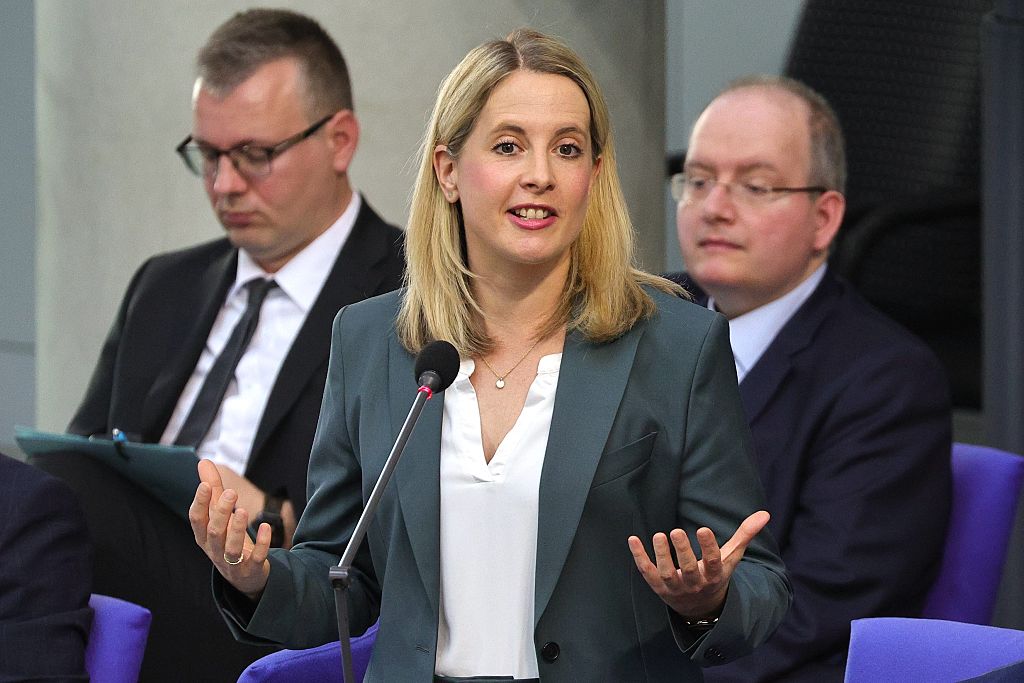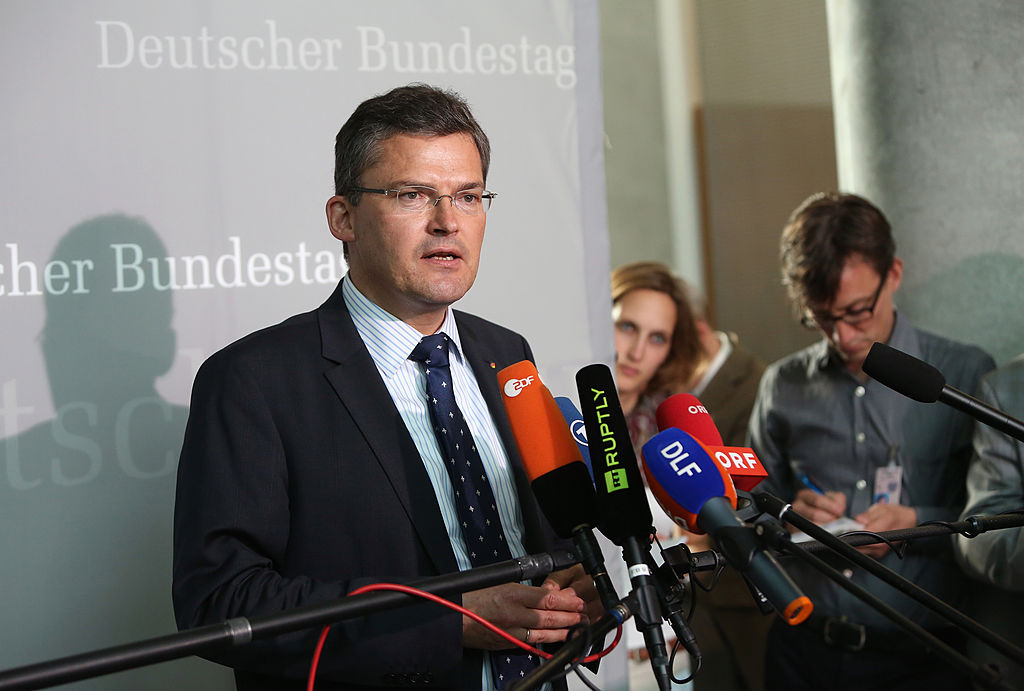Germany has prolonged contentious rent control regulations until at least December 31, 2029.
On May 28, the new government, led by the Conservative Christian Democratic Union (CDU) in coalition with the Social Democratic Party (SPD), gave the go-ahead to a proposal for the extension by justice minister Stefanie Hubig (SPD). It will now be sent to parliament.
The extension was “necessary”, the ministry said, because otherwise the rent control law would have expired on December 31, 2025.
Hubig said: “Housing must not become a luxury good. That is why the extension of the rent freeze is the first bill I am presenting. We have no time to lose here.
“Because the current rent freeze expires at the end of the year. Tenants need protection, and they will get it. That is a question of justice.”
She added that the extension was just a first step with further measures to “protect” renters, presumably from their landlords, on the horizon.
“We want to create more transparency for ancillary costs. We will also subject contracts with index-linked rents to stricter rules, and we want to improve tenant protection for furnished flats,” Hubig said.
“It is unacceptable for a landlord to put two chairs in an empty flat and then think he can charge significantly higher prices. Strong tenant protection is a common concern for us in the federal government.”
The German rent control law, commonly called the “rent price brake”, was first introduced in 2015 under then-chancellor Angela Merkel (CDU), who was also in a coalition with the SPD.
It mandated that when renting out a flat to a new tenant, the landlord must not charge more than 110 per cent of the “local comparative rent”, the average rent for comparable flats in the area.
The rent controls did not apply universally, only in areas designated as “tight housing markets” by State governments.
Currently, this designation has been applied to more than 400 municipalities in 13 federal States, including most major cities: Berlin, Munich, Hamburg, Cologne, Stuttgart and Frankfurt.
According to the German Tenants Association, around 30 per cent of the population – or 26 million people – lived in areas where rent controls applied. New builds, designated as constructed after 2014, were exempt from the regulations.
The extension until 2029 had already been planned by the new administration’s predecessor government, a left-wing coalition of SPD, the Greens, and Liberals. Former justice minister Volker Wissing (FDP) had also planned to include new builds up to 2019 instead of 2014 under the regulation. This plan has reportedly now been dropped by the new government.
Germany has been facing a housing shortage. A recent collapse in the number of new apartments being built was expected to exacerbate the problem.
Economists agreed, though, that rent controls did not alleviate the problem of a shortage of rental apartments as they made it less profitable and increasingly unattractive for investors to put cash into new housing units.
The extension of the German rent controls has, therefore, not been received favourably by market-friendly commentators.
Alexander Will, chief editor for newspaper NWZ, wrote: “The German Government wants to solve problems using Communist methods – and is making the situation even worse. The extended ‘rent brake’ is the latest example of the coalition’s economic nonsense.”
Even the CDU seemed to be doubtful about the measure it had helped write into law.
Jan-Marco Luczak, the party’s speaker on construction, said: “The rent brake is and will remain an interim solution until the housing markets have calmed down again. It therefore cannot and must not be extended indefinitely.”
He added: “Ever more regulation does not replace urgently needed housing construction. We can only get a sustainable grip on rising rents if we build more, faster and more cost-effectively.”





